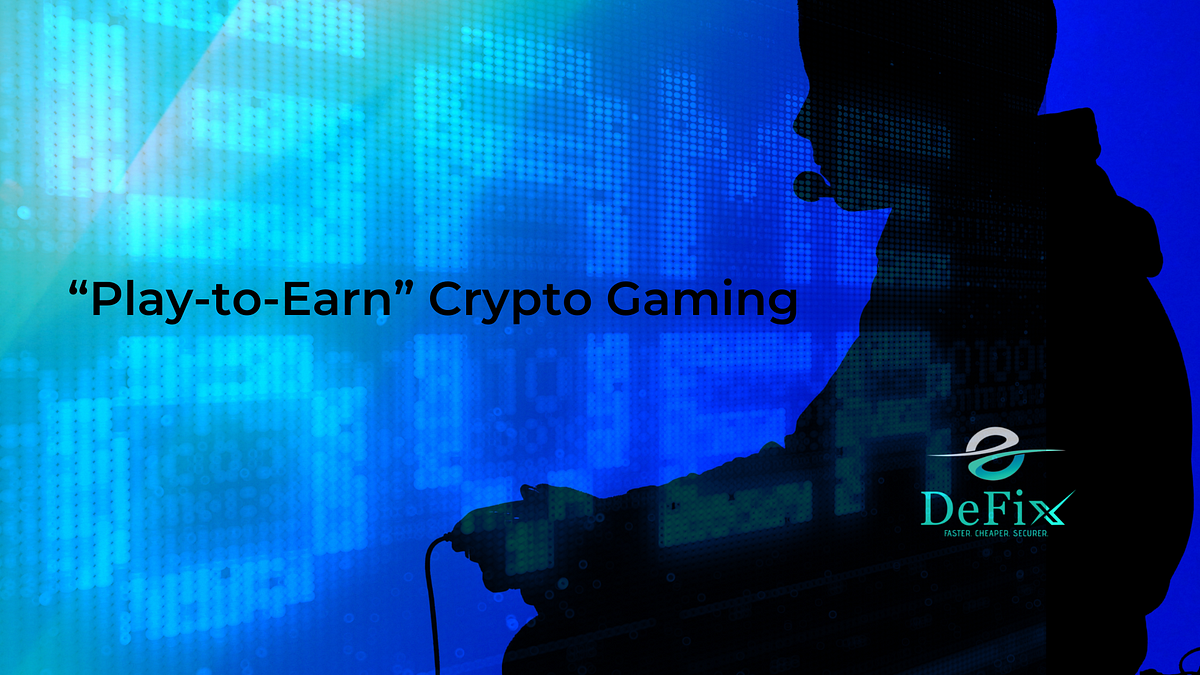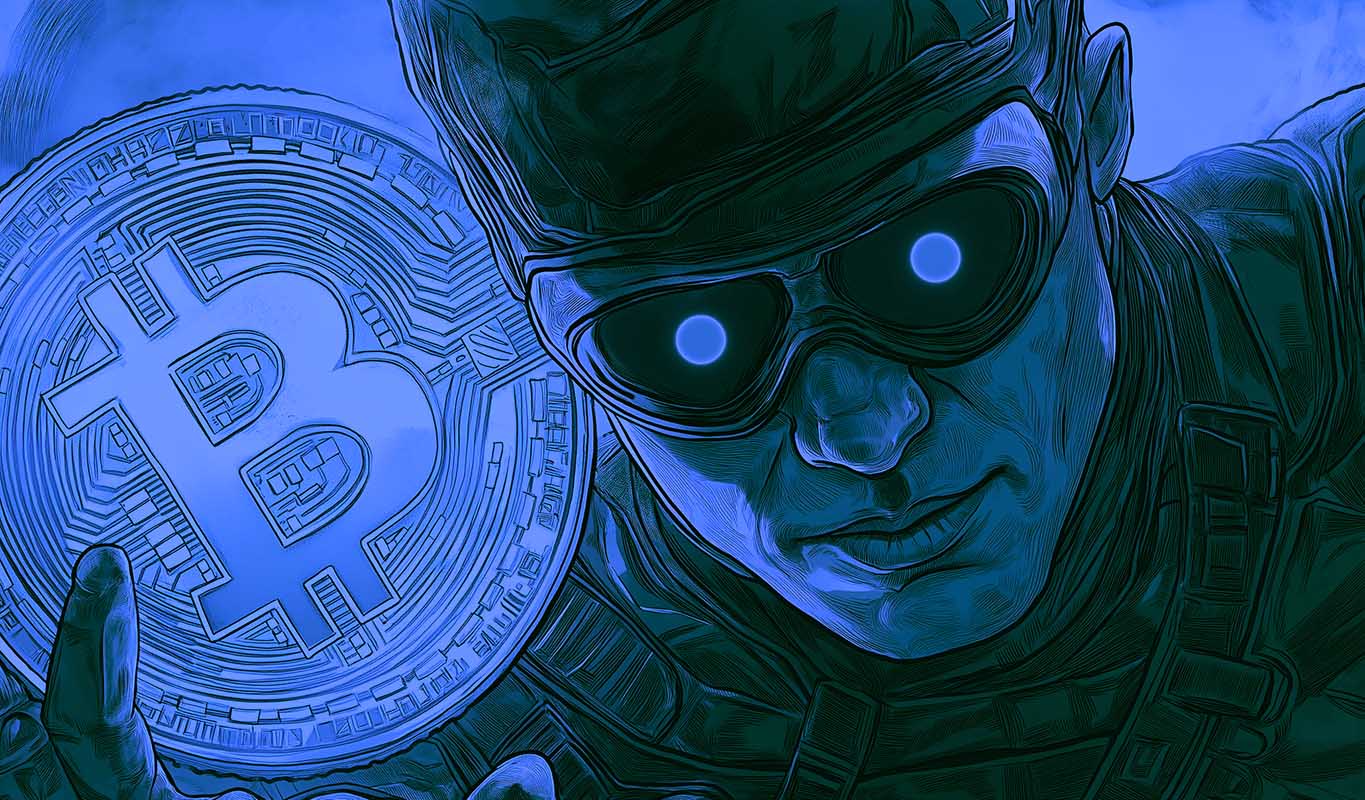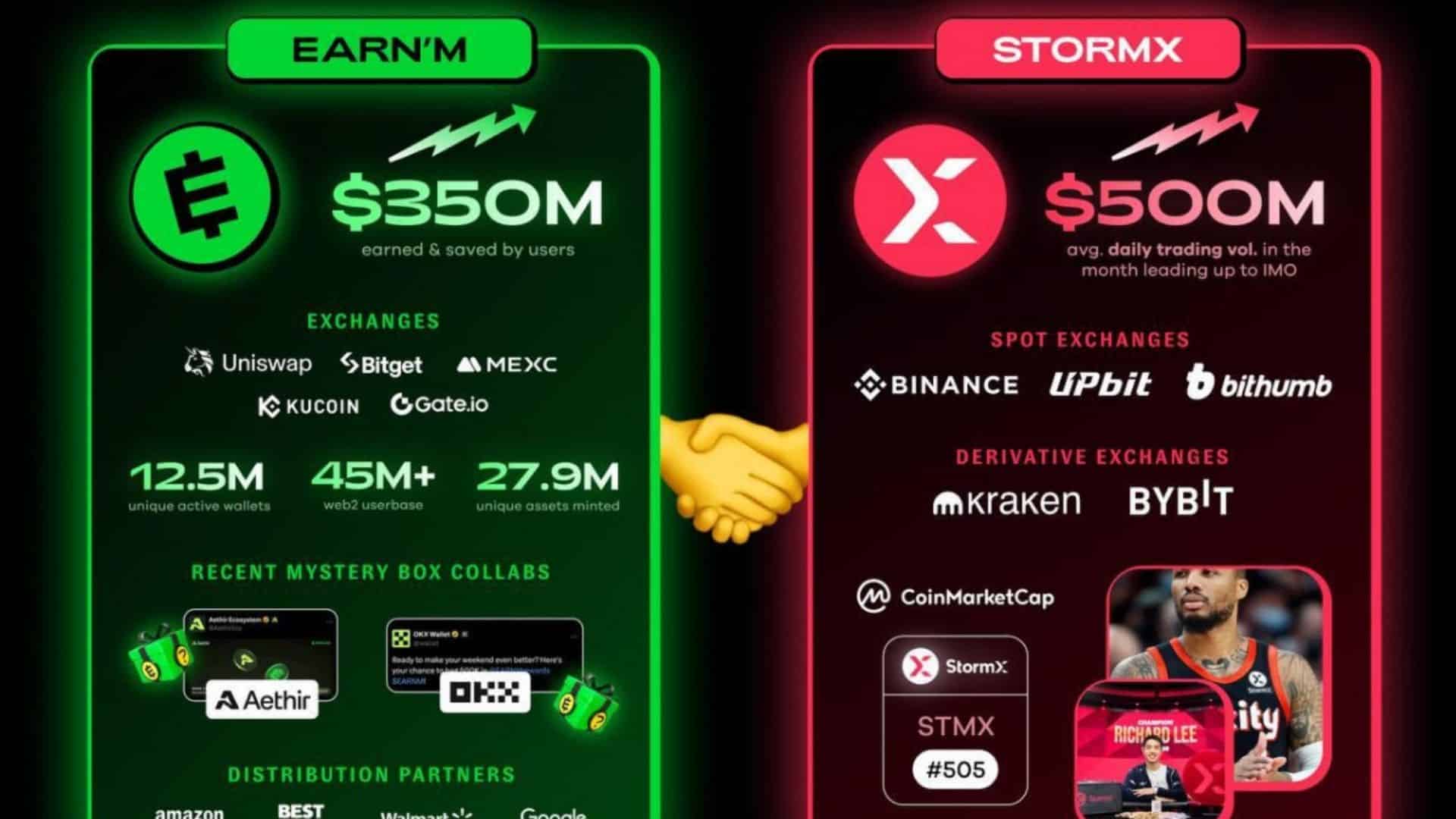
When you were a child, you devoted many hours gaming Super Mario Bros, gathering money, defeating Bowser, and rescuing Princess Peach. As a youngster or teenager, I’m sure you have many fond recollections of things like that.
Wouldn’t it be nice if you’d been compensated for all the work you put in?
The recent major thing in video games is based on this notion. Known as “play to earn,” it’s gradually becoming a possibility in our daily lives. Gamers throughout the globe are accruing awards that may be exchanged for cash on real-world marketplaces. The chance of gaining assets is catching the attention of newcomers and veteran players, who are switching over to this revolutionary way of gaming. However, the ramifications extend well beyond just providing more spending money for children.
A distributed network where people own their information and participate in the profits of their digitized activity. This digital activity is being ushered in by these digital economies. Play-to-earn is a brilliant instance of an alternative and better egalitarian road ahead amid the raging discussions over security and the fate of the internet.
Axie Infinity, a Pokemon-style video game in which players gather, fight, and exchange weird small creatures known as Axies, is currently one of the most popular characters in play-to-earn videogames. In August, the video game, which has over a million members, surpassed $1 billion in trades. People have started exchanging and distributing Axies to increase their earnings after losing their employment because of the outbreak in the Philippines.
So, how does this come together? Many of the elements that enable play-to-earn entertainment so strong are shown in this videogame. For starters, it is based on scarcity. The same notion pertains to the creatures and commodities gamers are striving to accumulate in Axie Infinity, much as BTC’s valuation structure is based on the reality that only a limited number of BTC can ever be produced. Secondly, gamers are compensated for active engagement, as the phrase “play-to-earn” implies. Battles reward you tokens, which you can use to “breed” Axies. The more battles and breeding you do, the more revenue you produce. Characters and commodities accumulated throughout the game are marketable securities purchased and traded on authorized markets, contrasting popular titles like Fortnite or World of Warcraft.
Finally, the entire video game is based on distributed ledger technology. This creates an immutable virtual ledger that records all operations, protecting the worth and preventing external tampering. Moreover, the currency in circulation is a global virtual currency, which significantly balances play. Consider it this way, in these digital economies, one Philippine peso is equivalent to around two cents in US currency, but every ETH or BTC is similar to every customer. Individuals in underdeveloped nations stand to earn the most when they are traded and turned into native cash.
This is only the beginning for visionaries. Although play-to-earn video games’ premise appears simple enough, these systems foreshadow a dramatic rethinking of the online world, the market, and even our interconnected life.
Looking back at the origins of the Web, Web 1.0 was a simple gateway that allowed anybody to view content on primitive sites. Web 2.0 expanded from there, allowing us to engage in the creation and distribution of content. Centralized networks, such as Facebook, swiftly figured out how to collect and sell our information, thereby transforming consumers into commodities. Networks established the norms and pocketed the revenues within these gated communities, soaring to trillion-dollar estimations while consumers received nothing in exchange.
What we’ve been witnessing right currently is a big transition to Web 3.0, with ideas like play-to-earn games inverting traditional patterns on purpose. Users control the product of their online work and may trade it for cash, and specifics of how they do so vary from game to game. Some, such as Sandbox and Decentraland, feature people and help them transact digital property. They make income similarly to you would in reality by selling or leasing their items to other players.
To put it another way, what seems to be a game is a new and more egalitarian way to participate in our ordinary digital reality. The ground rules are clear, and the power is distributed, and Commodities are limited.







